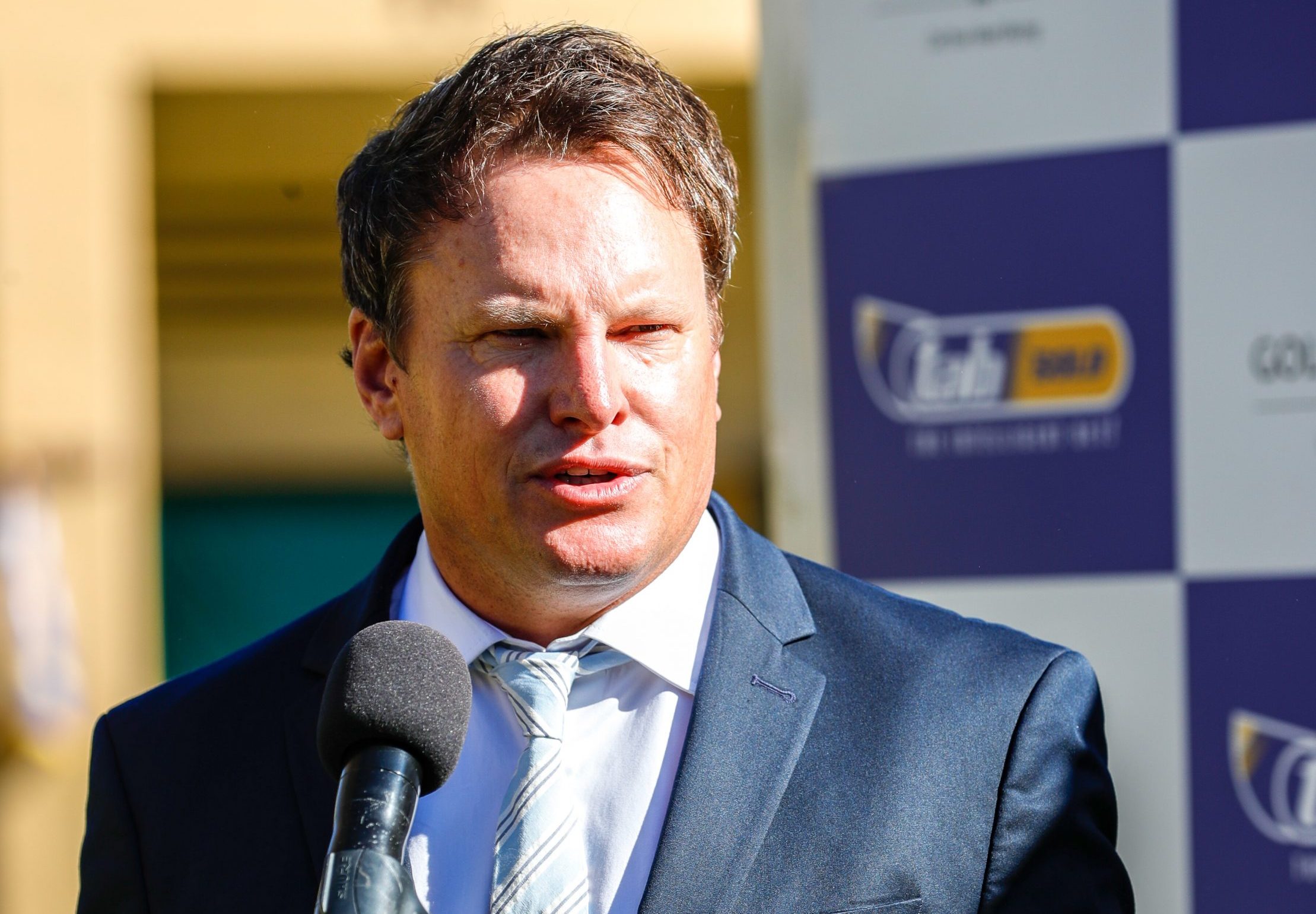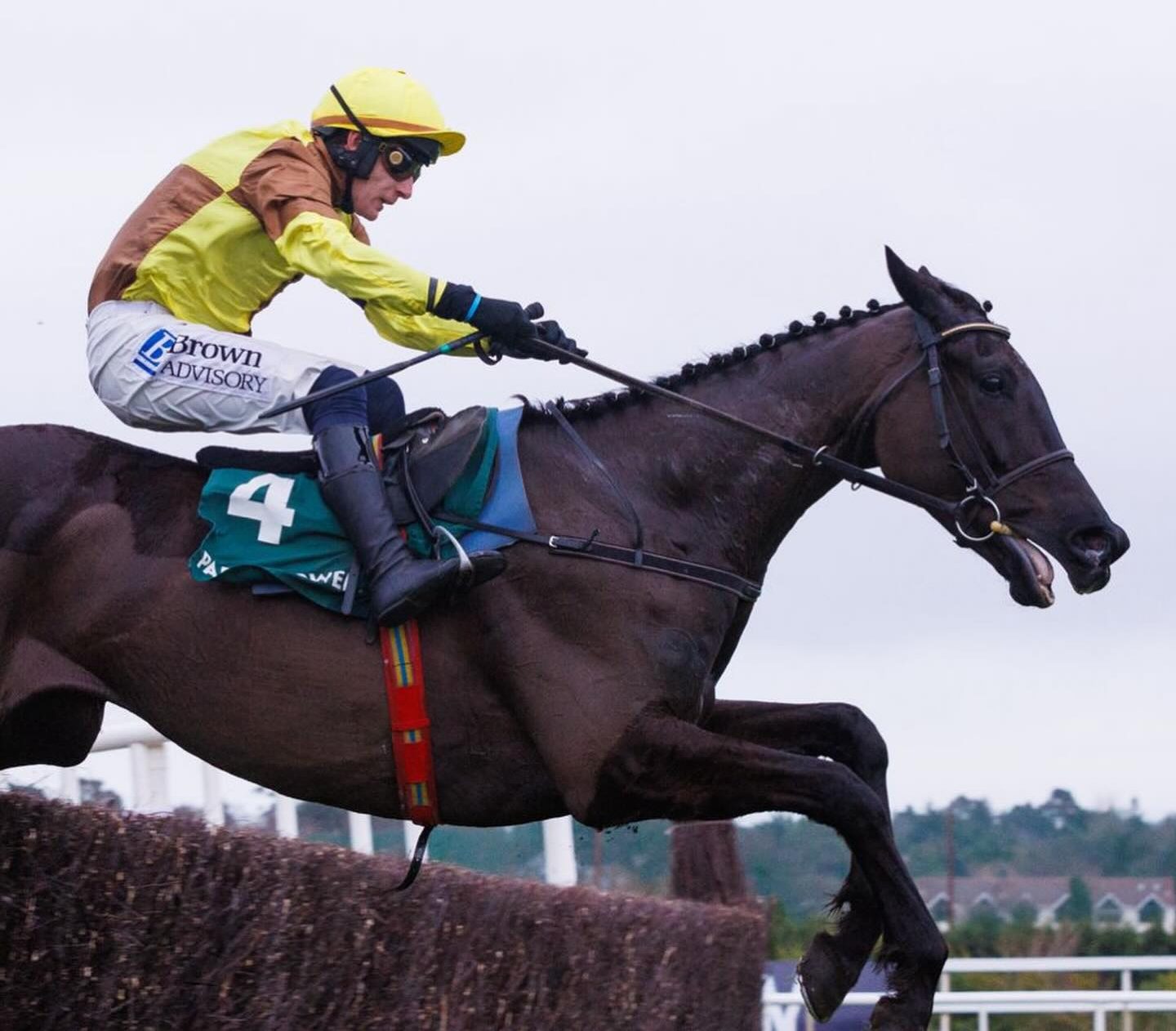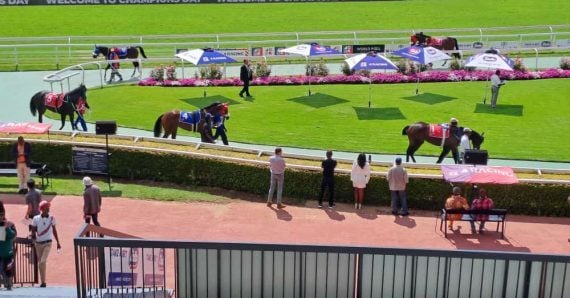Could the tide be turning? Oaklawn Park showed slight gains in daily average attendance and handle, boasted its highest-ever purse structure and attracted an overflow crowd of 62,000 for Arkansas Derby day.
Tampa Bay Downs, which has enjoyed steadily increasing handle figures, is again up this year, with fields averaging nine horses. And Gulfstream Park announced Sunday that its 79-day meet generated record total handle of $595 million, up 9% from 2010; and record on-track handle of $47 million, up 14% from a year ago.
The record-breaking season was given a boost by a change of schedule–the G1 Florida Derby was moved to Sunday, with Saturday devoted to the distaffers, and the weekend handle figures were up an eye-catching 29% to a new high of $33 million.
 The meet also ended on a major high, with the Rainbow 6 generating more than $3.6 million in handle the day before Sunday’s finale. The Rainbow 6 is a Pick 6 with a twist… the pot is paid out only if there is just one unique winning ticket, with 40% of the handle carried over if not hit, and the remaining 60% going to those who had the most winners. First hit Jan. 27, when the payoff was $221,000, the Rainbow 6 pool had been growing daily since Feb. 16.
The meet also ended on a major high, with the Rainbow 6 generating more than $3.6 million in handle the day before Sunday’s finale. The Rainbow 6 is a Pick 6 with a twist… the pot is paid out only if there is just one unique winning ticket, with 40% of the handle carried over if not hit, and the remaining 60% going to those who had the most winners. First hit Jan. 27, when the payoff was $221,000, the Rainbow 6 pool had been growing daily since Feb. 16.
It had to be distributed before the end of the meet, and Gulfstream officials announced the mandatory payout would be Saturday. By the time the horses were loaded into the gate for the first leg, the pot had grown to $5.1 million—in 10-cent increments.
“We think microbets might be the thing of the future,” said Tim Ritvo, who was named Gulfstream’s vice president of racing last October. AIt gets more people involved, because they have to invest so much less. They can really spread their money around.”
Ritvo was behind the idea to offer the Rainbow 6. He worked with the track’s marketing crew to tweak Gulfstream’s wagering menu for the 2011 meet.
“We try to be very customer-oriented, to give customers what they want”, Ritvo said. “We saw that the Pick 5 was successful at Monmouth Park, so we introduced it at the low takeout rate of 15%.
“Last year, our $2 Pick 6 only generated $1.7 million in bets, so we decided to drop that, add the Pick 5 and then come up with a gimmick Pick 6. We thought about offering one where the most you could bet was $100 in combinations, but then we looked at what Beulah had done with its Rainbow 6 bet, and modified it.”
There were a couple of fundamental differences in Beulah’s bet and Gulfstream’s. “At Beulah, the minimum bet was 25 cents, ours was a dime,” Ritvo explained. “And if you had a horse scratched at Beulah, they just refunded your ticket. We didn’t like that, so we gave you the post-time favorite.”
There was a wrinkle to that plan–if you already had the post-time favorite on your ticket, the last-minute change could mean you’d end up with more than one winning ticket on the Rainbow 6, and then you wouldn’t get the jackpot. But the team at Gulfstream found a way to address that.
“Amtote was able to come up with software so that, if we put you on the post-time favorite, we could run a scan that took about 15 minutes, to determine if this would give you multiples [of the winning combination] on the same ticket,” Ritvo said. AIf that happened, we’d pay you the jackpot. It was much more customer friendly.”
Interest in the bet grew steadily through the meet, and caught fire on the day of the mandatory payout.
Not only were more people playing it, but the phones started ringing with tracks that wanted to offer their bettors the chance at Gulfstream’s jackpot.
“At first, there were tracks that weren’t sure they wanted to get into it,” Ritvo remarked. “But, on the last day, almost
every track in the country wanted in, and we saw no reason not to let them in.”
The buzz in-house was also infectious.
“We had $196,000 bet right here at Gulfstream, and you could feel the intensity building race by race,” Ritvo added. “It was thrilling. There were a lot of people alive, and it generated so much excitement.”
The Rainbow 6 wouldn’t have worked as well without another key ingredient to Gulfstream’s record-breaking meeting–increased field size. The track averaged a record 9.53 horses per race this year.
Ritvo attributed the growth to several factors.
“We added more grass races,” he said. “The weather definitely cooperated, but we also introduced new rail movements–we moved it a lot more, and it was strategically placed, so that it gave us a more durable turf course.
“Also, there has been an infusion of slots money into our purses, and there is our 3-year-old program that leads into the $1-million Florida Derby, and into the Triple Crown. I think that brings a lot of horses to our meet that might have gone elsewhere.”
Despite its rousing success, Gulfstream will not be resting on its laurels.
“We will be looking at everything, watching what happens around the country,” Ritvo offered. “And we will definitely have the Rainbow 6 again. People get more for their money with that bet. It was a huge success with limited distribution, and we think we can build on that success.”








